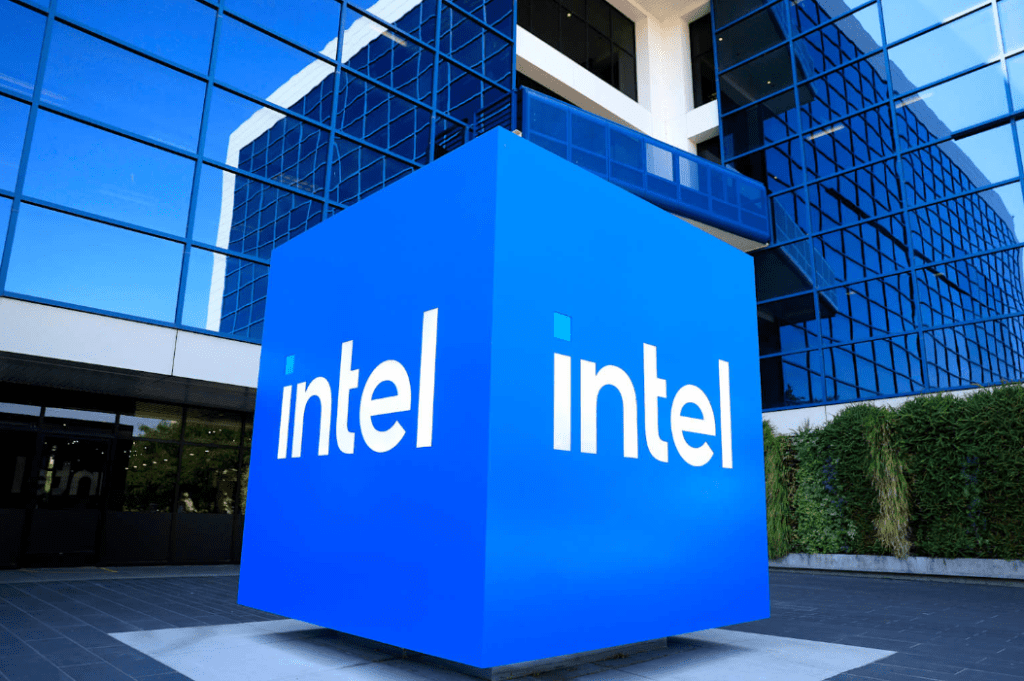
Fitch Ratings has downgraded Intel Corporation’s credit rating from BBB+ to BBB, leaving the semiconductor giant just two notches above junk status. The outlook has been marked as negative, signaling potential further downgrades if key challenges aren’t addressed in the near future.
This move reflects growing concern over Intel’s ability to maintain its market leadership, especially in the face of aggressive competition from rivals like AMD, Qualcomm, NXP Semiconductors, and Broadcom. These companies have been steadily eroding Intel’s traditional dominance across the PC, server, and chipmaking segments.
Mounting Pressure and Shifting Industry Dynamics
Intel is experiencing intense competition in markets it once controlled. AMD continues to eat into its server market share, while Qualcomm is expanding into the PC sector, traditionally Intel’s stronghold. Notably, Microsoft’s recent pivot to AMD chips for AI-driven workloads in Azure further reflects the changing industry dynamics.
Fitch also highlighted that despite Intel’s solid market presence, the company now faces “higher execution risk” in an industry quickly transitioning toward artificial intelligence and custom chip solutions.
Financials and Future Strategy
While Intel’s liquidity remains strong—with over $21 billion in cash and access to $12 billion in credit—its debt-to-EBITDA ratio stood at 5.0x at the end of 2024. Fitch expects that number to decline only slightly in the coming year, depending on successful execution of its turnaround strategy.
Intel has announced significant restructuring plans, including a 31% global workforce reduction and relocation of its assembly operations to Vietnam and Malaysia. It has also delayed its highly anticipated Ohio chip fabrication project.
Multiple Downgrades in Recent Months
This is not the first such downgrade for Intel in the last year. Both S&P Global and Moody’s lowered their ratings in 2024, signaling broader industry concern. Fitch’s decision now adds to the growing skepticism about Intel’s ability to adapt to the AI-driven era while preserving its core business model.
Intel’s road ahead appears challenging, as it must juggle cost-cutting, strategic pivots, and product innovation—all while fending off increasingly capable rivals.



